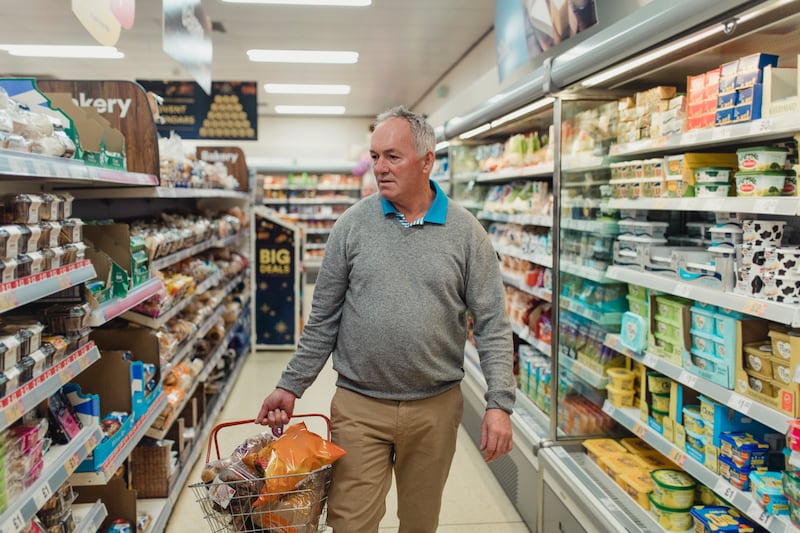ANNUAL grocery price inflation in Northern Ireland is now running at 2.8 per cent - but is certain to climb much further as the cost of living spirals, according to fresh data from Kantar.
The latest set of monthly figures from the retail analysts show that Northern Irish grocery sales in April were down by 6.3 per cent year on year, largely reflecting the easing of lockdown restrictions.
The figures show shoppers were buying less to eat and drink at home as they were able to enjoy meals out at restaurants and cafés again and buy items to have on the go.
“The change in our freedoms is really brought to life by the 12-week data, which is comparing against the winter lockdown last year,” according to Emer Healy, senior retail analyst at Kantar.
“Shoppers are getting out and about again and making more frequent trips to store, with visits increasing by 2 per cent, while basket sizes have dropped by 8.8 per cent.
“As routines get busier, convenience seems to be top of mind for shoppers. The number of online orders made over the past three months has jumped by 7.6 per cent versus last year.
“Sales of frozen prepared foods are up £763,000 while chilled prepared products have also grown £500,000 as people opt for quicker and easier meals.”
She added: “But while Covid-19’s influence on our shopping habits is dwindling, inflation will become a much more dominant factor driving behavioural changes in the months ahead, with grocery price inflation in Northern Ireland continuing to climb.”
Tesco maintained its position at the top of the table this period and remains Northern Ireland’s largest grocer with a 36 per cent share of the market, followed by Asda and Sainsbury’s with 16.2 and 16.9 per cent respectively.
Lidl was the only retailer to achieve growth over the past year. It nudged up its sales by 0.6 per cent to hold a 7 per cent share of the market in the north.
In the Republic, Kantar’s latest figures show that sales fell by 7.2 per cent over the 12 weeks to April 17, and against a complex backdrop of global supply chain issues, grocery price inflation hit 4.7 per cent over the period, its highest level since September 2013.







